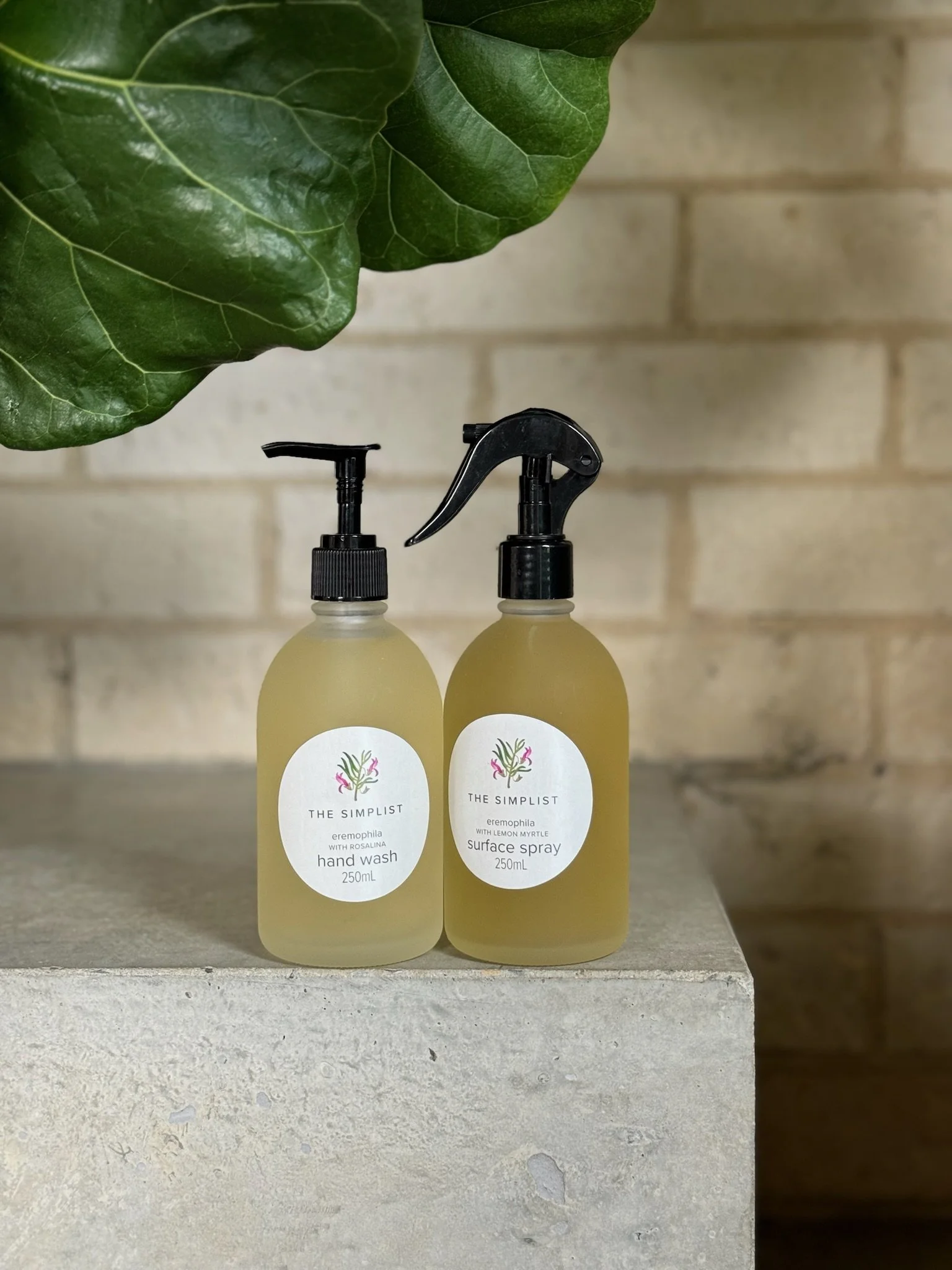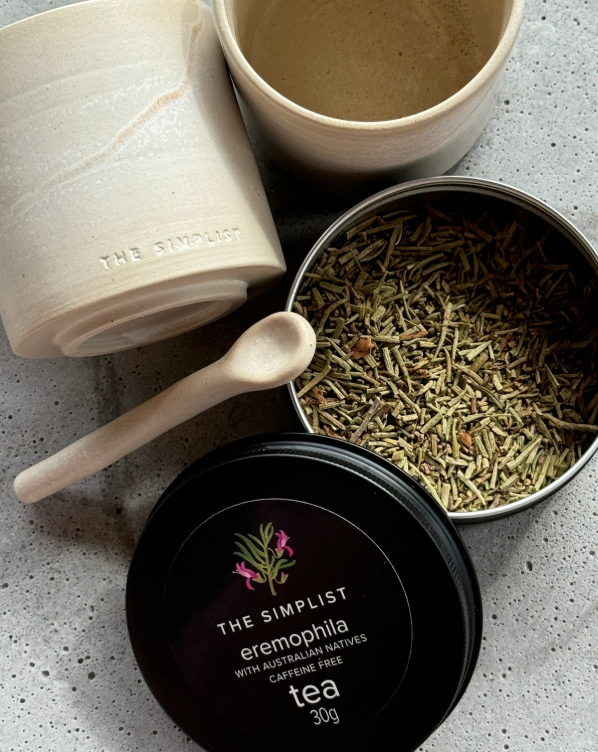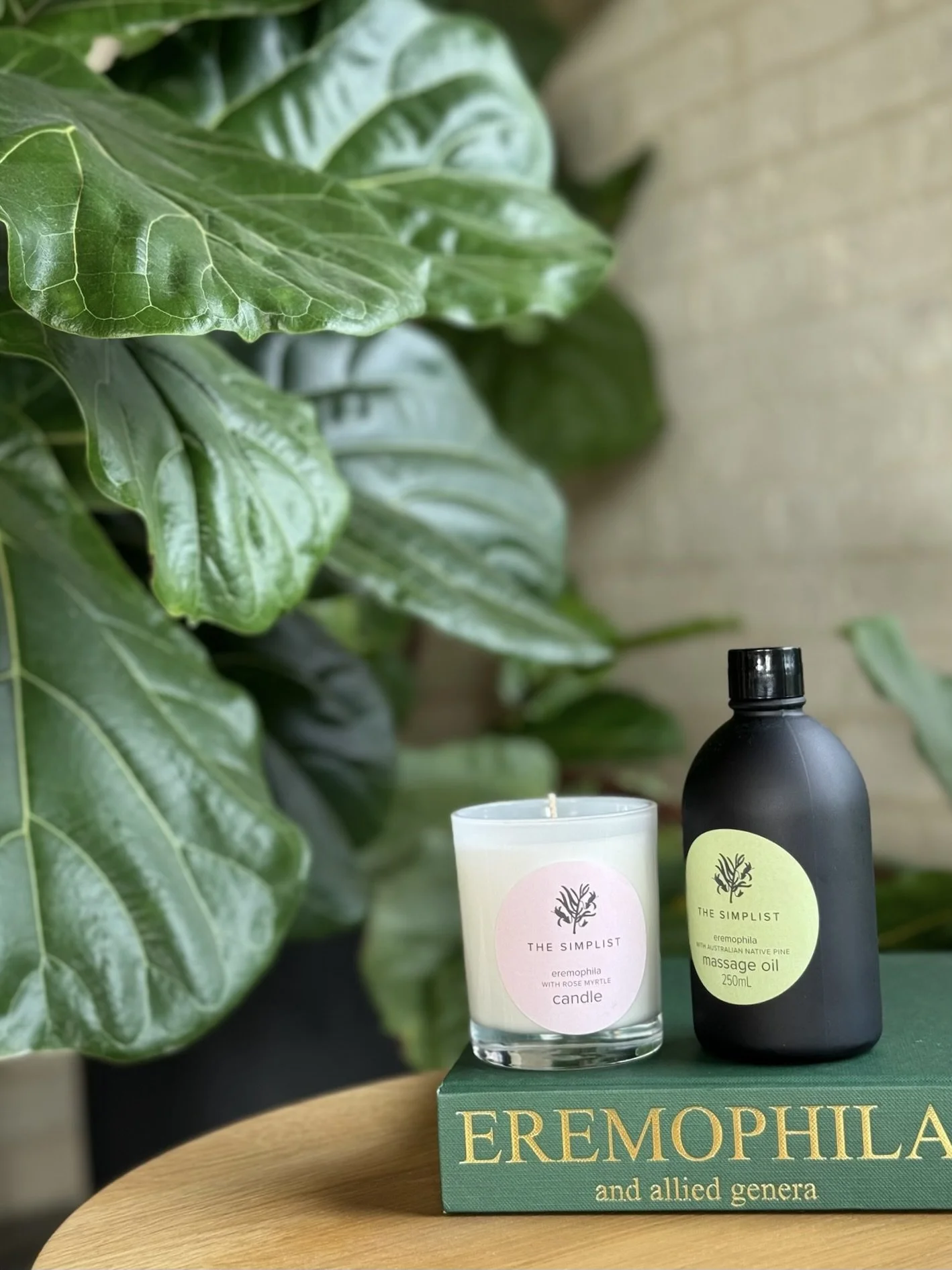Regulatory & Safety Information
Our products are developed in accordance with Therapeutic Goods Administration (TGA) guidelines. We do not make therapeutic claims. Emu Bush products are not intended to diagnose, treat, cure, or prevent any medical condition.
Emu Bush (Eremophila alternifolia) is generally safe when used as directed. However, as with any new botanical product, we recommend starting with a small amount and observing how your body responds. Whether consumed as a tea or used topically, introduce gradually, use in moderation, and discontinue use immediately if irritation, allergic reaction, or any adverse response occurs.
Consult a qualified healthcare practitioner before use, particularly if you have a pre-existing medical condition, known allergies, are pregnant or breastfeeding, or are taking prescription medications, as interactions may occur.
For topical products, always perform a patch test before use. Avoid contact with eyes. If contact occurs, rinse thoroughly with water for at least 20 minutes and seek medical advice if necessary.
Our teas and herbal products are not recommended for children under 12 years of age. Keep all products out of reach of children and pets. Essential oils should not be used near pets, as some oils may be harmful to animals.




